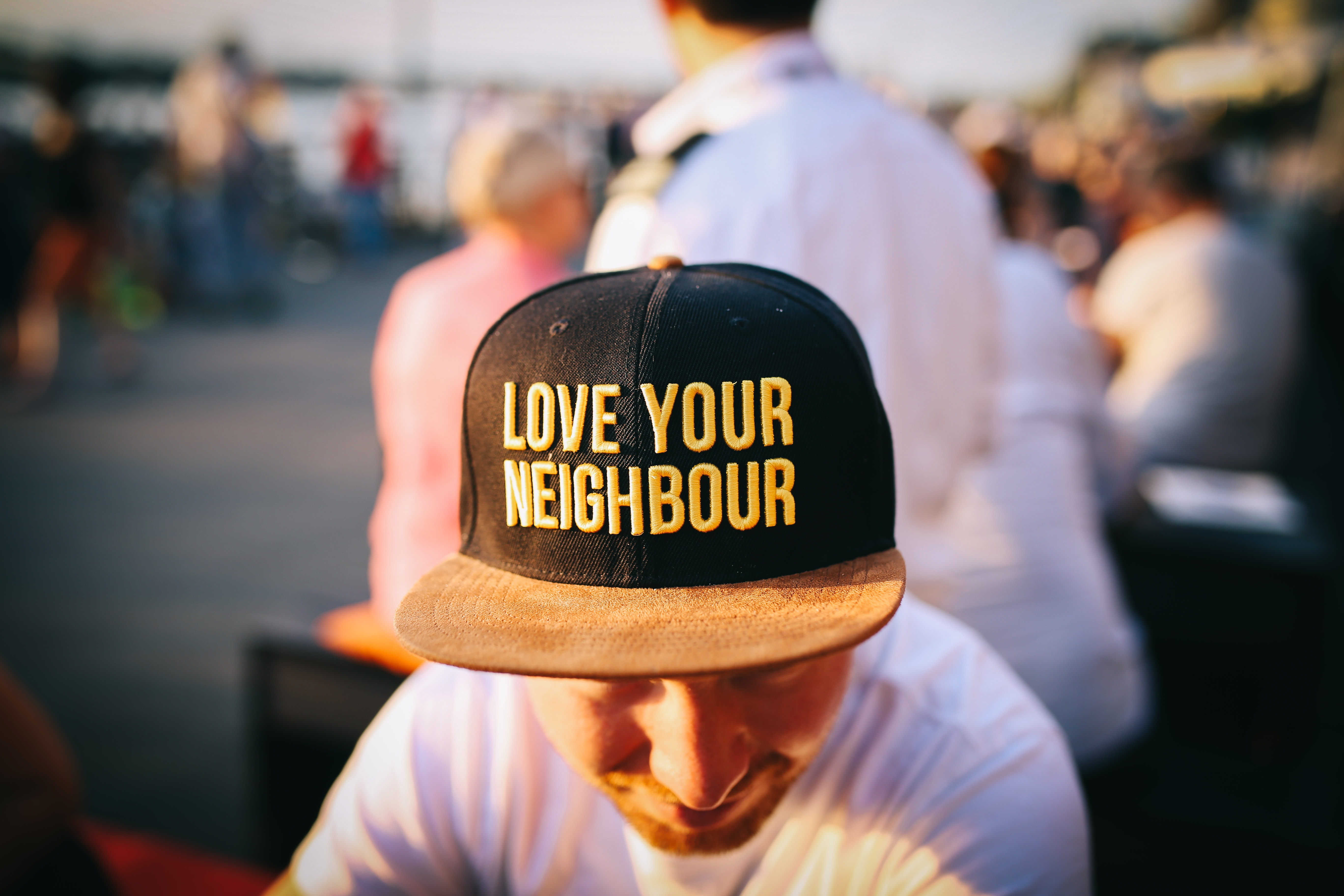
Allow me to paint you a picture: There’s a wonderful, selfless woman who does everything in her power to help others. She has fame and stardom and everything she could ever want at her fingertips—but she chooses to dedicate her life to charity, to use her platform for the betterment of the world. This, ladies and gents, is Ellen DeGeneres: one of the many faces of altruism.
Altruism is characterized by selflessness and concern for the well-being of others. Those who possess this quality typically put others first and truly care about the people around them, whether they have a personal tie to them or not. Ellen DeGeneres demonstrates the essence of this quality every single day on her show, The Ellen DeGeneres Show. The comedian and philanthropist stays up to date on what’s happening in the world and then lends her efforts and donates money to those who truly need it and deserve it. She teaches the importance of generosity and truly illustrates the power of the wonderful quality that is altruism.
Characteristics of the Generosity Trait: Altruism
There are a few tell-tale signs that someone possesses this trait. If the following descriptions sound an awful lot like yourself, chances are you’re altruistic just like Ellen:
1) You put others first.
You give your snack to your coworker even though you’re hungry too. You give up your spot in the movie theater for the group that needs an extra seat. You use your lunch break to help your friend with her work. Whatever the case is, you put others first—not because you think you’re less deserving, but simply because you’re innately thoughtful and prefer to prioritize the wellbeing of others.
2) You think about how your actions will affect others.
For example, you get super excited when you find out that your favorite fast food restaurant now has an app that allows you to place your order ahead of time and skip the line. But then you realize how annoying that is for the people who waited their turn in line—their own orders will get held up because the employees will have to prioritize your order. You decide against using the app and wait in line with everyone else, simply because you don’t want to inconvenience anyone.
3) You feel good after helping someone.
Altruistic individuals don’t despise how generous they are or wish that they catered more to themselves—instead, they embrace their selflessness and they love how it makes them feel. These people like to do good for others.
4) You’re proactive.
You don’t wait for the perfect opportunities to be selfless and help—you create them. You volunteer in your community, you donate money to current relief efforts, and you offer your help before someone asks for it.
5) You possess and display a healthy degree of self-confidence.
You are so sure in your morals and beliefs that you very rarely question yourself or experience self-doubt. You know that you’re living by an amazing ideation and that you’re truly making the lives of those around you better—and let’s not forget, it makes your life better as well.
Why Are Some People More Altruistic Than Others?
We can’t all be an Ellen DeGeneres. In fact, some of us are pretty far off from being like this do-gooder. Why is that? While researchers aren’t exactly sure, there is evidence that suggests our brain functions influence how altruistic and selfless we may be, according to Walden University.
A recent study conducted at Georgetown University found that people who demonstrate strong altruism actually have a more active (and sometimes larger) right amygdala, which is a part of the brain essential to our feeling and perceiving emotions, especially fear. This finding hints at a possible link between altruism and the neurologically-driven capacity to observe fear and empathize with this fear in others. Psychology researcher Abigail Marsh explains this concept further in her TED Talk on altruism:
How Can I Be More Altruistic?
While there is evidence that altruism is linked to brain functioning and greater compassion, there are ways for individuals who don’t innately possess the quality to adapt more selfless behavior. Just follow these three simple steps:
1. Spread the love. As we previously touched on, altruism is characterized by helping others. So start by simply spreading the love. Be positive, be kind, and be helpful—it goes an awful long way.
2. Serve your community. Do you know what’s going on in your community? If you don’t, find out and then get involved. Make cookies for the bake sale, volunteer at the animal shelter, help raise money to fix up the school. It’s simple—figure out where your efforts are needed and then lend them.
3. Reap and enjoy the benefits. When you do something good for someone, it’s natural to feel good about yourself. So don’t push these feelings away, accept and enjoy them! This will make you feel more inclined to continue your efforts. Besides, feeling a rush of joy upon helping another is characteristic of altruism—it’s a good thing, not a sign of selfishness.
Let’s keep in touch! Sign up to receive our newsletter:
Start a Relationship with An Exceptional Counselor
- Skilled and caring professional counselors
- Accepting all major and most insurances
- High-touch customer service & premium benefits
- Same- or next-day appointments
- Ultra-flexible 23.5hr cancellations



















Rugare,
Let me preface my remark by saying I have no psychology education or training.
But I think you may have hit on a most important characteristic of true altruism
That would be that the altruistic person keeps the altruism private. While it may be that the white woman holding the black child may be truely altruistic, because we know she has gone public via the picture, it makes it more likely that she is receiving some form of personal benefit. Recognition as a Savior like you stated so well. I would in fact challenge the writer to consider that the primary example of an altruistic person , Ellen DeGeneres is an extremely public example. Unless you know her intimately, how can you hold her up as an extreme example of altruism? I know very little about her, have seen her show a few times, so I make no judgement as to whether she is or is not altruistic. But is it not the case that her show gets great benefit from the impression that she is altruistic? Does she spend great amounts of her personal time researching to find those in need or is that a function of the show, meaning she has someone to do that for her. Again, I have no idea, but it seems to me that it is quite possible that her apparent extreme altruism is part of the image presented to make the show a success and therefore profitable for her personally.
I hope Ellen is altruistic as the writer states. I hope the white woman holding the black child is doing so as an act of true altruism. But unless we know them intimately, it is very hard to objectively assign the virtue of altruism to any public examples because of the many possible personal benefits they may receive by public knowledge of their altruistic acts.
Quite incisive! Great piece indeed.
What happen though? What causes you to have depression? You dont deserve this so does anybody. Even the people we think is the worst